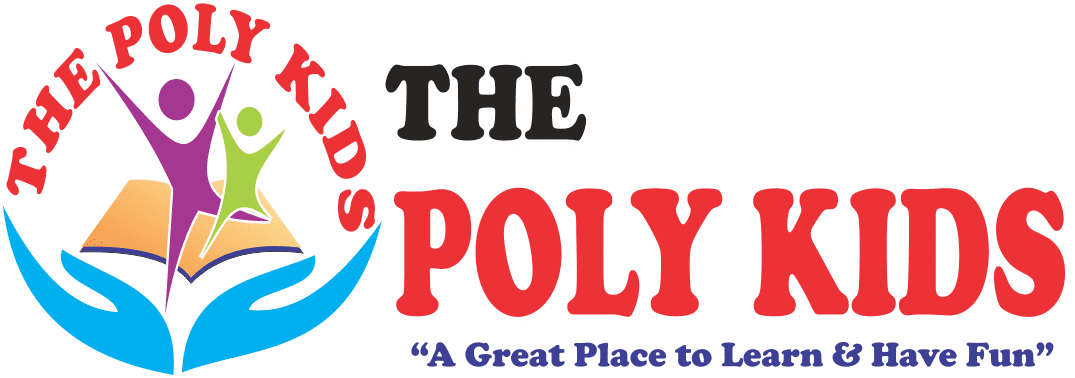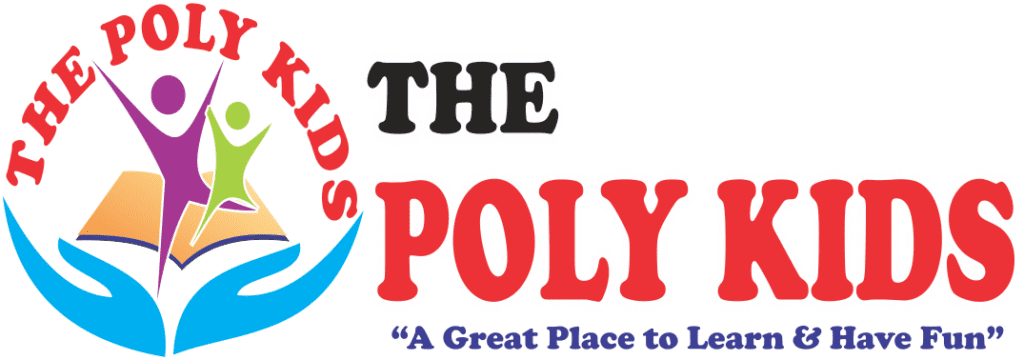Essential Social Skills for Kids Today
Social development is just as crucial as academic learning during the early years of childhood. At The Poly Kids, we understand that teaching social skills for kids lays a strong foundation for emotional intelligence, empathy, and effective communication throughout life. While children may naturally pick up some social cues, others need to be guided through structured learning and real-life practice.
In this blog, we’ll explore the most important social skills for kids and effective ways to teach them in a fun, age-appropriate manner—something we prioritize every day at The Poly Kids.
Why Are Social Skills Important?
Social skills empower children to build healthy relationships, resolve conflicts, and express themselves clearly. These skills help children:
-
Work in teams
-
Share and cooperate
-
Listen actively
-
Develop empathy
-
Handle emotions and stress
At The Poly Kids, we believe that focusing on social skills for kids enhances not only their interpersonal abilities but also their academic and personal success.
Top Social Skills Every Child Needs
Here are some essential social skills for kids and how we help nurture them at The Poly Kids:
1. Sharing and Cooperation
Learning to share toys, space, or attention is fundamental for healthy peer relationships. Children who know how to cooperate tend to thrive in group settings.
How We Teach It:
-
Group play activities
-
Role-playing games
-
Partner-based storytelling
-
Praise for sharing moments
2. Listening and Paying Attention
Active listening helps children follow directions and communicate effectively. It teaches them patience and respect.
How We Teach It:
-
Story circles with follow-up questions
-
“Simon Says” and listening games
-
Encouraging eye contact during conversations
3. Following Directions
Following simple instructions improves focus and helps kids understand structure—vital for classroom behavior and social settings.
How We Teach It:
-
Task-based games (“Build with Blocks”)
-
Step-by-step art activities
-
Positive reinforcement for compliance
4. Empathy and Understanding Emotions
Empathy teaches kids to consider others’ feelings and respond kindly. This builds friendships and reduces bullying.
How We Teach It:
-
Emotional charades
-
Reading books about feelings
-
“How would you feel?” discussions
5. Respect and Manners
Respect for peers and adults fosters positive environments. Basic manners—like saying “please” and “thank you”—go a long way.
How We Teach It:
-
Classroom etiquette routines
-
Praise and reinforcement
-
Storytime on manners
6. Conflict Resolution
Disagreements are natural. Teaching kids how to resolve them without aggression is a powerful social tool.
How We Teach It:
-
“Stop, Think, Talk” strategy
-
Puppet conflict role plays
-
Teaching compromise through games
7. Teamwork and Leadership
Being part of a team and learning to lead with fairness shapes confident, responsible individuals.
How We Teach It:
-
Group projects
-
Rotating class leadership roles
-
Team-building games and activities
The Poly Kids Approach to Social Learning
At The Poly Kids, we believe that structured activities, caring environments, and positive role modeling are key to teaching social skills for kids. Our classrooms are more than just places for academic learning—they’re vibrant social ecosystems where children:
-
Learn from peers
-
Practice real-life scenarios
-
Reflect on behaviors
-
Celebrate kindness and collaboration
We integrate social skill-building into daily routines, whether it’s cleaning up after an activity, waiting for a turn on the slide, or greeting teachers politely.
Tips for Parents to Support Social Development at Home
Teaching social skills for kids isn’t just the responsibility of educators—parents play a vital role too. Here are a few simple ways parents can reinforce social learning at home:
🟢 Model Good Behavior
Children imitate adults. Demonstrate respectful communication, empathy, and polite behavior.
🟢 Encourage Playdates
Small group interactions help kids practice sharing, taking turns, and resolving minor conflicts.
🟢 Praise Social Efforts
Celebrate when your child shows kindness, patience, or honesty—even if the situation was challenging.
🟢 Use Storytelling
Books and stories with social themes are a great way to teach lessons in a relatable way.
🟢 Talk About Emotions
Help children label their feelings and understand others’ emotions using real-life examples.
Why Social Learning Starts Early
Research shows that children who develop strong social skills early in life are more likely to have:
-
Better academic performance
-
Strong peer relationships
-
Higher self-esteem
-
Lower stress and anxiety levels
By prioritizing social skills for kids during their preschool years, we’re giving them a lifelong advantage.
Final Thoughts
At The Poly Kids, our goal goes beyond teaching ABCs and 123s. We are dedicated to developing the whole child—emotionally, socially, and academically. By embedding social skills for kids into every interaction and classroom moment, we prepare them not just for school—but for life.
We invite parents to join hands with us in nurturing a generation that’s confident, kind, and socially aware.


